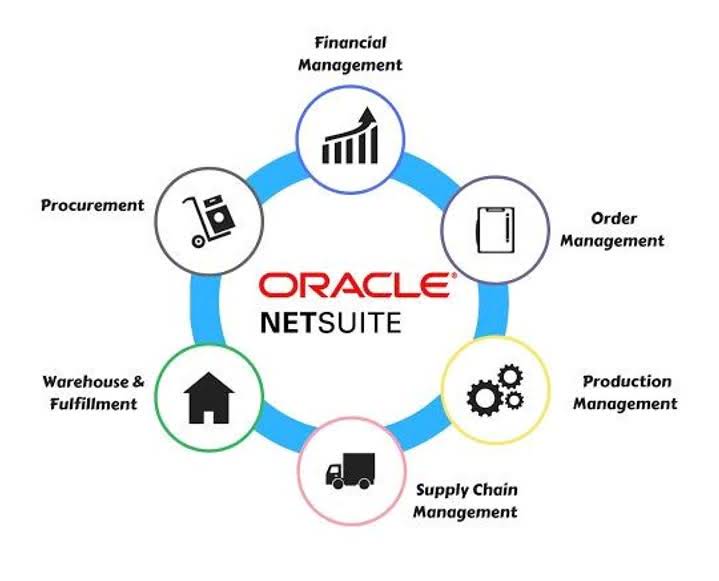

Large companies may have thousands of income statement accounts in order to budget and report revenues and expenses by divisions, product lines, departments, and so on. When used in conjunction with the other financial statements, an income statement can give you a clear view of your cash flow. Finally, using the drivers and assumptions prepared in the previous step, forecast future values for all the line items within the income statement.
But taking the time to learn about financial statements, such as an income statement, can go far in helping you advance your career. Many small businesses need financial statements to apply for credit or to provide financial information to a potential lender. Using an income statement to demonstrate a consistent history of income and profitability can make this process easier. The statement is divided into time periods that logically follow the company’s operations. The most common periodic division is monthly (for internal reporting), although certain companies may use a thirteen-period cycle. These periodic statements are aggregated into total values for quarterly and annual results.
A projected income statement is a financial document that shows a company’s expected revenue and expenses for a future period of time by making estimates. It is also known as a Budgeted income statement, Pro Forma Income Statement, or Budget Income Statement. This statement can be used to help make business decisions and track the financial which accounts are found on an income statement performance of a company over time. The projected orifit and loss statement typically includes the items on the regular statement of operations such as sales, cost of goods sold, operating expenses, and net income. It is called a “multi-step” income statement because it breaks down the operating activities into different steps.
The income statement reflects all the incomes, expenses, profits, and losses in a company, which we put into mathematical equations to reach the net profit or loss for that accounting period. Statement of Retained Earnings and the Income Statement both provide financial information about a company. The Statement of Retained Earnings shows how much profit a company has made and how much of that profit has been reinvested back into the company.
Unrealized gains from investments are recorded in the statement of comprehensive income; the same applies to losses. Therefore, the income statement will present all the income and expenses of a firm over a given period; hence, it is also known as the statement of revenue and expenses. Income or revenue earned by a company that is outside of its main operating activities. For a retailer the interest earned on its temporary investments is a nonoperating revenue (or nonoperating income). As we saw, while a single-step income statement is straightforward and easy to understand, a multi-step could pose significant challenges, especially if you’re just starting out in accounting.
The customer may be given a 30-day payment window due to his excellent credit and reputation, allowing until Oct. 28 to make the payment, which is when the receipts are accounted for. The Ascent is a Motley Fool service that rates and reviews essential products for your everyday money matters. We’re firm believers in the Golden Rule, which is why editorial opinions are ours alone and have not been previously reviewed, approved, or endorsed by included advertisers. The Ascent, a Motley Fool service, does not cover all offers on the market. Advertising expenses are nothing but the costs of marketing that you need to enlarge the client base.
Therefore, a manufacturing company must deal with many inventories(raw material, unfinished goods, finished goods), direct labor, and factory overhead costs. The net income, which is what is left after all expenses are deducted, is what is used to determine whether a business made a profit or suffered a loss. The cost of goods sold (COGS), therefore, is the direct cost incurred before a product is produced and sold. Examples of the cost of goods sold include the cost of direct labor, the cost of buying materials, etc.

The most common types of income statements are single-step and multi-step income statements. The income section of a profit and loss statement will show you how much money your business earned during the period of time covered by the statement. This will usually be shown as gross income, which is the total amount of money earned before any expenses are deducted. The income statement heading will specify the name of the company at the top and then just below it is the name of the financial statement and also the reporting period.
Operating income is calculated by subtracting operating expenses from the gross profit. Creditors may find income statements of limited use, as they are more concerned about a company’s future cash flows than its past profitability. Research analysts use the income statement to compare year-on-year and quarter-on-quarter performance. One can infer, for example, whether a company’s efforts at reducing the cost of sales helped it improve profits over time, or whether management kept tabs on operating expenses without compromising on profitability.
Completa i campi per ricevere un preventivo
Descrivi ciò di cui hai bisogno. Il nostro staff prenderà in consegna la tua richiesta e ti risponderò nel minor tempo possibile